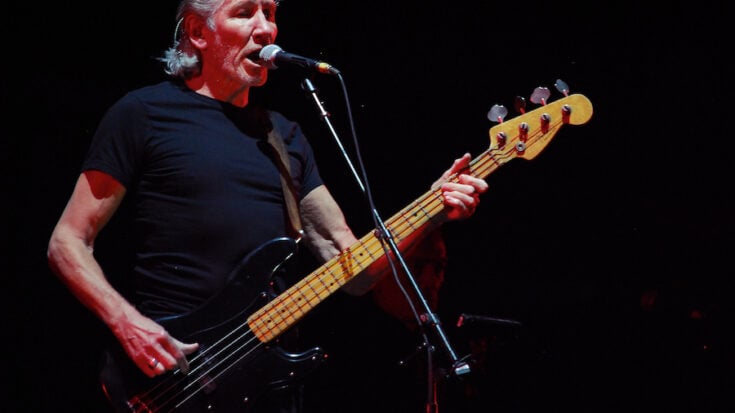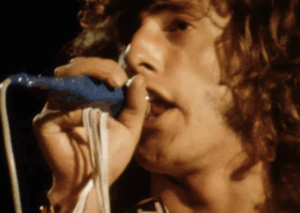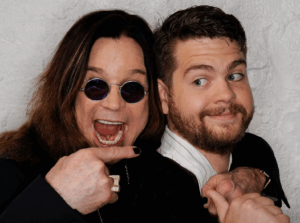Roger Waters Open to Reuniting With Pink Floyd for a Tour — But Says It Must Be “More Than Just a One-Off”

Brennan Schnell from Canada, CC BY 2.0, via Wikimedia Commons.
A Reunion Once Within Reach
After Pink Floyd’s historic reunion at Live 8 in 2005, fans around the world wondered if the classic lineup might ever share the stage again. The brief yet powerful performance marked the first time Roger Waters, David Gilmour, Nick Mason, and Richard Wright had performed together in over two decades — and, as it turned out, the last.
While the band members would never play together again after Live 8, Waters continued to express hope for another reunion. Wright’s death in 2008 made a full comeback impossible, but the bassist remained vocal in interviews about wanting to reform the group. According to Waters, the idea was always met with resistance from Gilmour, who reportedly had little interest in reviving the partnership.
Talks of a Reunion Tour and a Massive Offer
In the years following Live 8, rumors circulated that Pink Floyd had turned down a $250 million offer to reunite. Waters later confirmed that he was indeed open to performing again but insisted that it would have to be something meaningful — not a one-night event done purely for nostalgia or money.
In a 2007 interview with Uncut magazine, Waters explained his stance: “This is why Dave is very reluctant to ever do anything again: for 20 years it’s been his baby. He doesn’t want to give up that position and what should he? Listen.
“If somehow, working through all our egos, all the history and whatever, we could come together for a reason – I don’t care what – and maybe do a few gigs in London, a few in New York and a few in LA, Palestine, wherever. I’d be up for it. It wouldn’t be a one-off gig, because to do all that work just for one night wouldn’t be worth it.”
View this post on Instagram
A Vision for One Last Set of Shows
Waters had even outlined what such a reunion might look like. He imagined a series of performances that would serve as a fitting conclusion to the band’s legacy — a proper farewell that would “draw a line nicely under the work the four of us did together.”
He told Uncut: “I’d be prepared to give six months or so in terms of preparation for something like that. I’m sure Nick would as well, but I don’t think Dave wants to. That’s his prerogative and I have no down on him.”
The bassist admitted that while he once criticized large stadium tours in the late 1970s, the idea of a Pink Floyd reunion show still excited him. “If you’re talking about building a whole new show, that whets my appetite,” he said. “But a Pink Floyd thing, that would need a lot of serious thinking about. Of course, when I was in the band, I did all the thinking. I wrote most of the songs, and I made all of the shows, so that might be difficult.”
Lingering Tensions and Different Perspectives
Despite Waters’ openness, his comments suggested that deep creative and personal differences remained between him and Gilmour. He hinted that Gilmour did not fully appreciate the impact of their Live 8 reunion, saying, “No, of course not. I was sort of controlling the whole thing without doing anything. It was a bit like walking on rice paper. I think it was a bit of a worry to him.”
Waters also recalled a remark Gilmour made after Live 8: “I might be wrong, but he came up with some strange comments after Live 8, one of which was ‘I don’t know what the big fuss is about. It would have been just the same whether Roger was there or not.’ That illustrated for me that maybe he doesn’t quite get how important the symbiosis between the four of us was during ‘the golden years’ of the band.”
Even as time passed, Waters’ words reflected both a deep respect for Pink Floyd’s legacy and a quiet frustration over what could have been.












